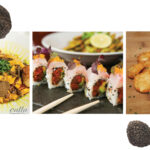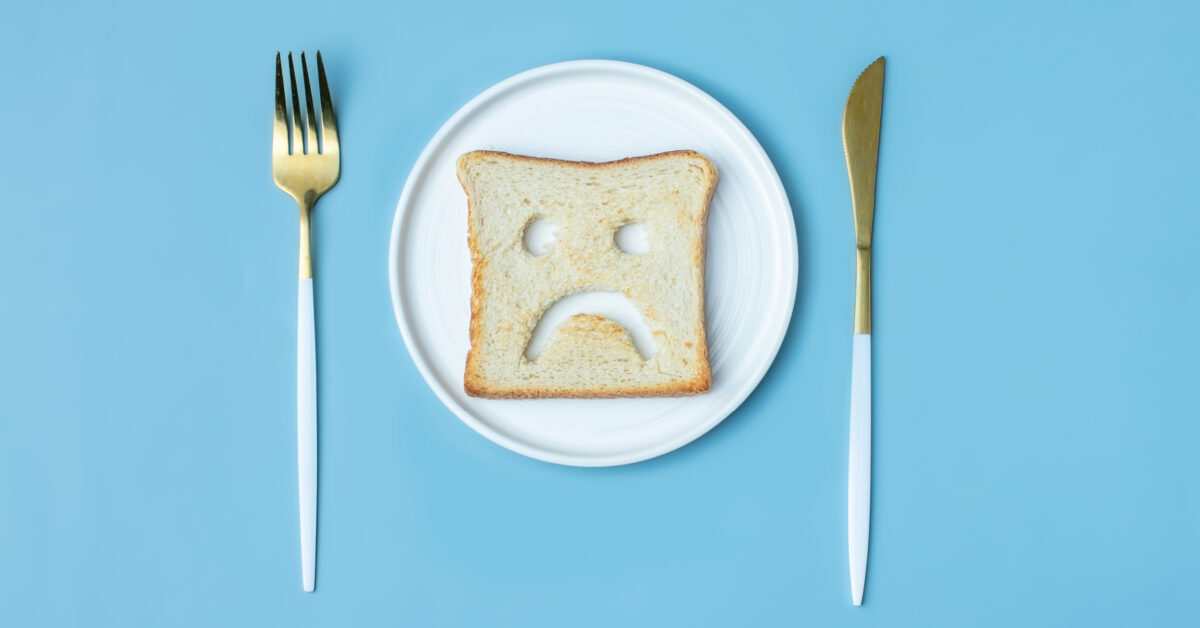
The Tantalizing Truffle: The Buzz on Gastronomy’s Haute Ingredient
May 2025
Perimenopause and Menopause Awareness: Treating Symptoms at the Root with a Qualified Provider
May 2025by Tori Whittaker
Facing a food allergy is a year-round concern for those affected. An allergic reaction can happen any time, anywhere, so it’s important to be prepared before summer camp season begins.
According to Dr. Bridget Loehn, ENT and allergy specialist with Imperial Health, parents should have a prevention plan in place to keep their food-allergic child protected from triggering items. “Once parents are aware of a food allergy, they should work with their child’s physician to develop an Individualized Health Care Plan (IHCP). This plan should include reports from the child’s physician and/or allergy specialist that details the child’s allergy and medication program.”
Once an IHCP is developed, parents can easily inform teachers, friends, family and summer camp counselors about the child’s allergy risk and what to do should a reaction occur.
Dr. Loehn also says it’s important for parents to teach their children how to communicate their needs to others. “It’s critical that children understand their allergy risk, how to recognize the symptoms of an allergic reaction and how to communicate clearly as soon as a reaction begins. Also, remind them to avoid sharing food with their friends to help prevent a reaction. Let your child know they can always politely say ‘no thank you’ when offered food they are allergic to.”
Dr. Loehn offers additional tips for a safe and fun summer while minimizing the risk for those with food allergies:
Practice good hygiene: The importance of hand washing can never be overstressed. Develop a habit with your child to wash their hands before and after eating. By keeping their hands clean, children reduce the risk of cross-contamination and prevent accidental exposure to allergens.
RSVP quickly: When registering your child for a summer activity, discuss your concerns about food allergens and how to create a safe environment as soon as possible.
Read labels carefully: Once your child is old enough, help them practice reading food labels. This will help your child spot key ingredients they should avoid to prevent a reaction, whether at summer camp or at a friend’s house.
Pack medication: If your child has a prescription epinephrine injection for anaphylaxis, always send it with your child to their activities and let others know how to administer it should an allergy attack occur.
To schedule an appointment with Dr. Loehn regarding food allergies, call 337-312-8950 or visit imperialhealth.com.






